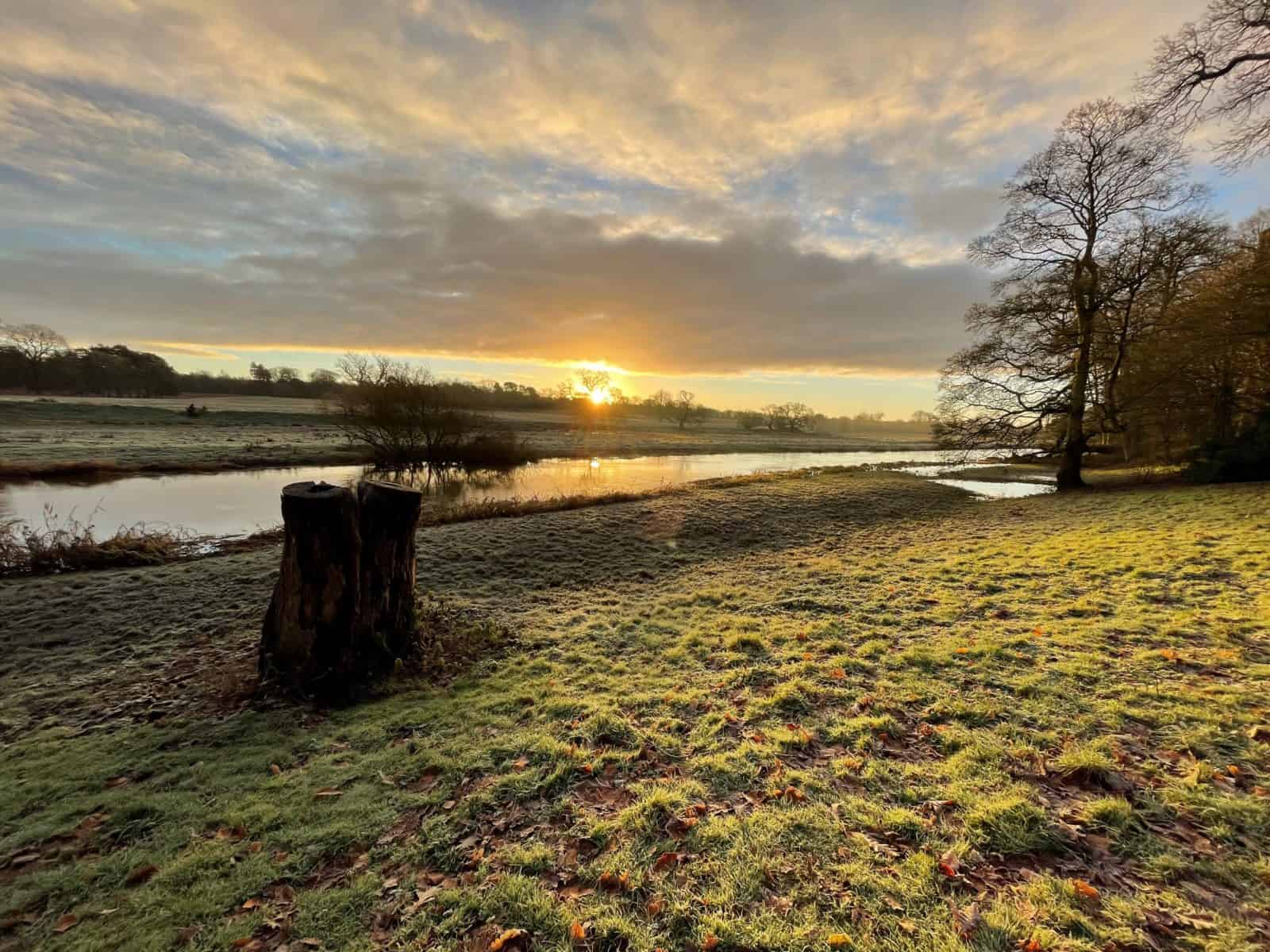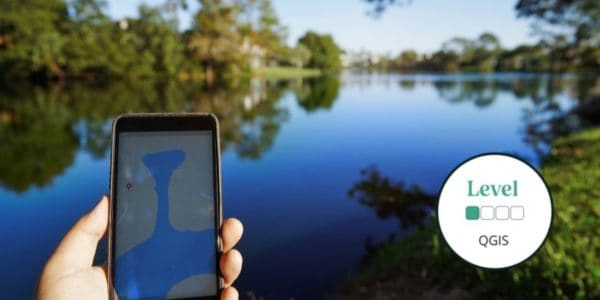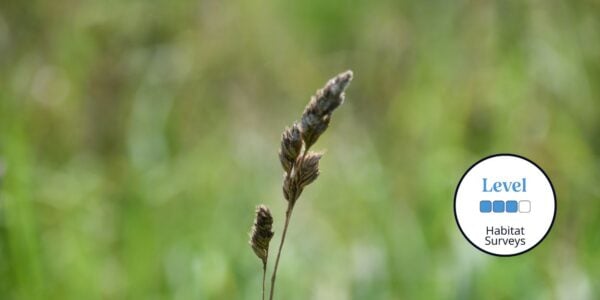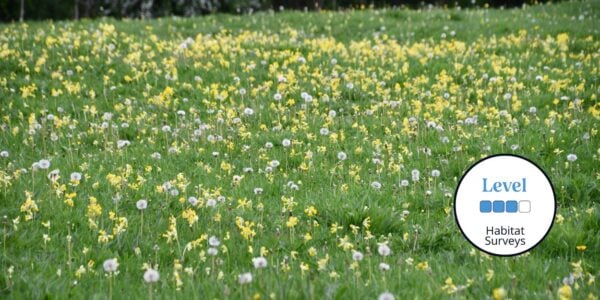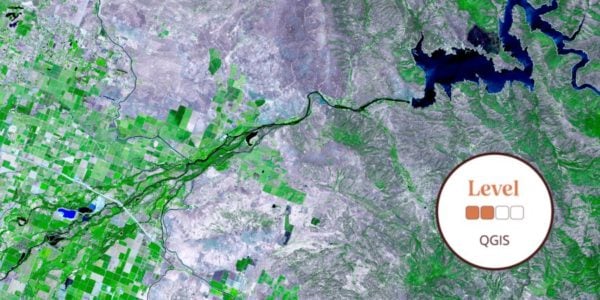This intermediate course will provide you with the skills required to confidently use the National Vegetation Classification in winter as a framework to approach how plant communities are responding to environmental change. It is a key skill for many within and interested in an environmental career.
The ideal time to survey habitats is in the summer, but there are often times when an out-of-season survey is required. There are also times when you might find yourself in a potentially interesting place and wonder whether it’s worth a revisit at a better time of year. By building identification and survey skills in winter, you can develop an appreciation for the range of species found in certain areas.
This intermediate course is designed to enable both professionals and amateurs to assess habitats in the winter through the use of plant and habitat identification. The assessment of vegetation type and condition in the winter is equally as important as in the summer and can provide indicators of species diversity. There will be an element of botanical identification, especially of plants in their vegetative state, and also some important bryophytes. The course will take advantage of the rich and varied habitats of South Devon. You will spend plenty of time in the field putting your newfound knowledge into practice. There will also be opportunities to use a range of computer programmes to investigate vegetation data, and opportunities to explore vegetative keys.
Your course will take place within the South Devon Area of Outstanding Natural Beauty close to field sites in Dartmoor National Park and urban centres in Plymouth and Torbay.
PLEASE NOTE the course fee is for tuition only. There is no accommodation provided with this course. If you would like to book accommodation, lunch and an evening meal at Slapton Ley FIeld Centre, please email [email protected].
Bookings will close if course capacity is reached
Who Should Attend?
Students, Rangers, Early career consultants, ecologists and botanists.
Knowledge Level
Intermediate. Level descriptors can be found on the following webpage: Natural History Framework and Course Level Descriptors
Prior Knowledge
Knowledge and understanding of botanical identification and surveys would be beneficial for this course
This course includes:
-
- Identification of plants.
- Focussing on key indicator species
- Using vegetative characteristics and remains of flowering parts
- The use of a potentially restricted range of species to arrive at an assessment of habitat type (NVC, Section 41 etc) and condition.
By the end of the course, you will be able to:
-
- Describe the ecology of habitats
- Identify some important plant families and characteristic species
- Confidently use an identification key
- Use species to arrive at an assessment of habitat type (NVC, Section 41 etc) and condition.
- Share this knowledge with friends, family and fellow volunteers.
The course gives you the opportunity to immerse yourself in a new subject and acquire novel skills. Our fantastic tutor will combine the use of classroom-led learning and outside learning opportunities to give individuals the skills and confidence to progress their learning.
- See the ‘Example Timetable’ and ‘What’s Included’ sections below for more information about this course.
- Upon booking you will need to provide individual details of all attendees
- Please email [email protected] if you have any questions.
Group Bookings Made Easy
If you have a group of 10 or more individuals wanting to complete one of our courses, our team are available to discuss your options – from discounts to private team courses.
- Discounted rates
- Privately run courses for your group
- Bespoke courses developed specifically for your needs
-
If we are unable to reach viable numbers for this course, we will inform you of the course cancellation 14 days prior to the course run. We would recommend when purchasing accommodation and/or travel you should take out your own insurance.
Tutor: Philip Wilson
Phil Wilson has been a freelance vegetation scientist, studying Britain’s plants and vegetation, since 1991. His PhD focused on the ecology and conservation of the arable flora and he worked with Plantlife for several years on some of our rarest plants. He also manages a small farm in East Devon, but enjoys travelling round the country.
Book with Confidence
We understand the difficulties of making plans in the current situation when guidelines continue to change, and insurance conditions are being tightened. In response, we will continue to offer additional flexibility. Find out more here
Example Timetable
Example Timetable
This timetable is subject to change but should give a clear outline of what to expect
-
- Please arrive at 9:45am in time for the course to start promptly at 10:00am
- The course will end at 5:00pm
Day 1
| 10:00am | Introductions |
| 10:30am | Prepare for field session |
| 10:45am | Field visit |
| 1:00pm | Lunch – Not included |
| 2:00pm | Continued field time |
| 4:30pm | Return to classroom - plenary and final questions |
| 5:00pm | End of day 1 |
Please note accommodation, refreshments and an evening meal are not included
Day 2
| 10:00am | Recap of day 1 |
| 10:30am | Prepare for field session |
| 10:45am | Field visit |
| 1:00pm | Lunch – Not included |
| 2:00pm | Continued field time |
| 4:00pm | Return to classroom - plenary and final questions |
| 5:00pm | End of course |
What's Included
The course has been carefully created by expert tutors and educators to help you continue to build and develop your knowledge and apply it within the field surrounded by like-minded individuals.
The course includes:
- Classroom learning covering the theory of the species
- Field excursions to apply new knowledge
- Expert tuition for which the Field Studies Council is renowned
- Clear objectives and progression
You can rest assured that the absolute best content from an expert in environmental education will be provided. In choosing a Field Studies Council course, you will be joining thousands of people who learn with us each year.
Before You Attend
Before you attend:
- Notebook and pencil
- Please bring your own refreshments & pack lunch
- Sensible footwear and clothing for being outdoors
- Hand lens (if you have one)
- Favourite identification guides
There will be a member of staff with first aid training and access to a first aid kit on site. If you have special medical or access requirements, please let us know as soon as possible so we can plan the course.
Sorry this course booking is closed

